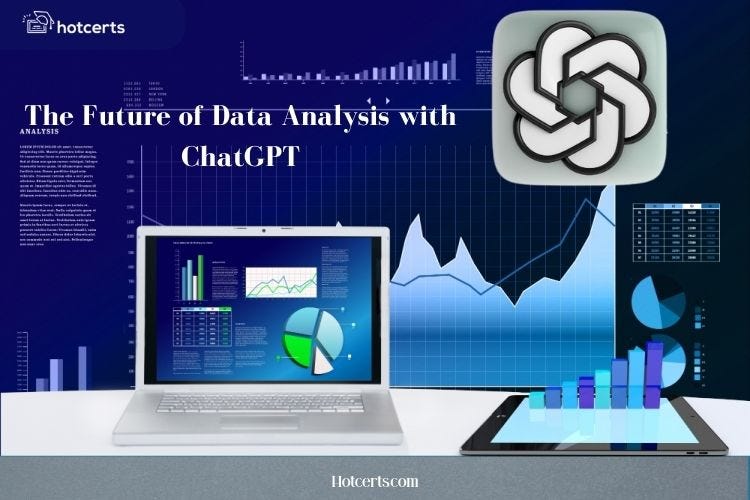In the rapidly evolving landscape of data and analytics, the emergence of Generative Pre-trained Transformers (GPT) has sparked both excitement and skepticism. Recent incidents such as misinformation spread by Samsung and Italy’s ban on ChatGPT have cast a shadow over the technology. However, these setbacks are part of the journey of any disruptive innovation. As someone deeply entrenched in the data industry for over three decades, I remain optimistic about the transformative potential of GPT. Let’s delve into four ways in which GPT is poised to reshape the data and analytics sector.
1. Redefining Workflows
GPT is set to redefine the entire data and analytics workflow. From data capture to operational processes, the integration of generative AI promises to streamline tasks and enhance efficiency. Imagine AI assistants equipped with GPT capabilities, capable of handling complex inquiries and tasks, thereby relieving operational burdens. For instance, in the healthcare sector, GPT-powered bots could assist with preliminary medical queries, accelerating response times and improving patient care.
Relevant Resource: AI in Healthcare: Transforming Patient Care
2. Democratization of Insights
One of the most promising aspects of GPT is its potential to democratize insights. Through natural language processing (NLP) and generative AI, platforms like ThoughtSpot Sage are making data more accessible to a broader audience. Users can now pose queries in everyday language, empowering non-technical stakeholders to extract valuable insights independently. This democratization fosters a data-driven culture and promotes informed decision-making across organizations.
Relevant Resource: Democratizing Data Analytics with Natural Language Processing
3. Enhancing Data Literacy
Improving data literacy has become a strategic imperative for businesses. GPT’s ability to generate explanations and contextualize data concepts will play a pivotal role in bridging the data literacy gap. By training on proprietary data sources, GPT-powered solutions can facilitate onboarding processes and expedite skill development within organizations. Furthermore, AI-driven chatbots like Data Sherpa offer personalized learning experiences, making complex concepts more accessible to users at all levels.
Relevant Resource: Closing the Data Literacy Gap
4. Unlocking Imagination
Generative AI has the potential to unlock new realms of creativity and innovation in data and analytics. By automating mundane tasks and offering AI-generated suggestions, GPT encourages users to explore unconventional approaches and hypotheses. This infusion of creativity will drive revolutionary advancements in data analysis and problem-solving, paving the way for unprecedented discoveries and insights.
Relevant Resource: The Creative Power of Artificial Intelligence
In conclusion, while the journey of integrating GPT into the data and analytics industry may encounter obstacles, the potential benefits far outweigh the challenges. By embracing generative AI with caution and foresight, organizations can unlock a new era of data-driven innovation and transformation. As we navigate this paradigm shift, let us envision the possibilities and seize the opportunity to reshape the future of analytics.
Stay updated on the latest developments in AI and data analytics by tuning into Beyond on demand.

